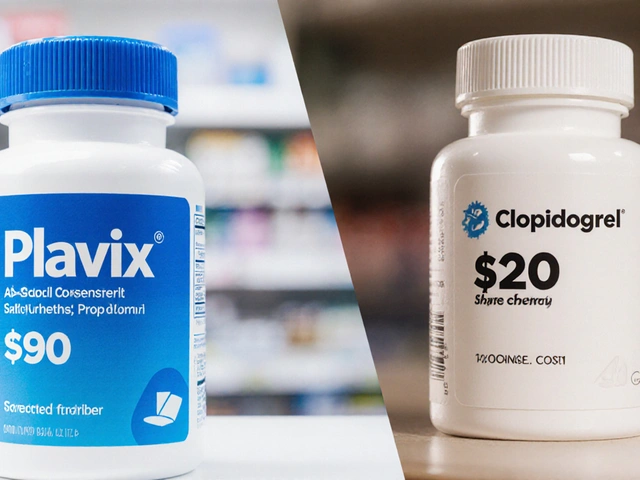Omega-3 Fatty Acids: What They Are and Why You Need Them
If you’ve heard about fish oil or EPA/DHA, you’re already in the omega‑3 conversation. These are a group of polyunsaturated fats that your body can’t make on its own, so you have to get them from food or supplements.
Omega-3s support heart health, brain function, and even joint comfort. They also help keep inflammation in check, which means they can ease everyday aches and improve recovery after exercise.
Why Omega-3 Matters
The most studied omega‑3s are EPA (eicosapentaenoic acid) and DHA (docosahexaenoic acid). They lower triglycerides, help maintain healthy blood pressure, and may reduce the risk of heart rhythm problems. If you’re looking to boost brain power, DHA is a key player in neuron membranes.
People with low omega‑3 intake often report feeling sluggish or having dry skin. Adding these fats can brighten your mood, support eye health, and even help kids focus better at school.
How to Add Omega-3 to Your Diet
The easiest way is to eat fatty fish a few times a week. Salmon, mackerel, sardines, and trout are top choices. A 3‑ounce serving of cooked salmon gives you about 1,200 mg of EPA/DHA.
If fish isn’t your thing, reach for plant sources like flaxseeds, chia seeds, or walnuts. They contain ALA (alpha‑linolenic acid), which the body can convert to EPA and DHA—though the conversion rate is low, so you’ll need a decent amount.
Supplements are another option. Look for a high‑quality fish oil capsule that lists the exact EPA/DHA amounts. Check for third‑party testing to avoid contaminants like mercury.
A common dosage for general health is 500–1,000 mg of combined EPA and DHA per day. If you have high triglycerides, doctors may recommend higher doses, but always talk to a professional first.
Watch out for side effects: too much fish oil can cause mild stomach upset or a fishy aftertaste. In rare cases, very high amounts might thin your blood, so be careful if you’re on anticoagulants.
Cooking with omega‑3 oils is simple—add flaxseed oil to smoothies, sprinkle chia seeds over yogurt, or toss walnuts into salads. Just avoid heating these oils above 350°F; they can break down and lose benefits.
When choosing a supplement, prefer soft gels that are stored in dark bottles to protect against oxidation. Freshness matters because rancid fish oil won’t give you the same health boost.
Remember, consistency beats occasional mega‑doses. Making omega‑3 a regular part of meals will deliver steady benefits over time.
In short, omega‑3 fatty acids are an easy way to support your heart, brain, and overall well‑being. Whether you eat fish, snack on nuts, or pop a capsule, aim for the recommended amount each day and you’ll likely feel the difference.











